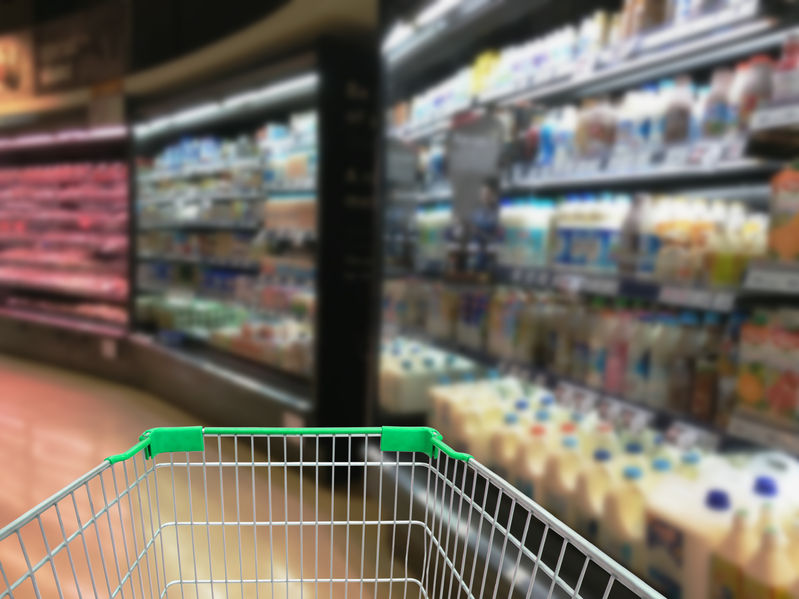
British consumers face higher prices, lower quality and less choice when it comes to food as a result of Brexit, former CEO of Sainsbury's Justin King has said.
Speaking to the BBC's Panorama special on Brexit, Mr King said shoppers are 'completely in the dark' about the effects of Brexit and it is 'very clear' that prices will go up.
Mr King, who was in charge of Sainsbury's for a decade until 2014, said: "One can say very clearly what the direction will be: higher prices, less choice, and poorer quality, because all of those dimensions have been improved by these open trading relationships that we've had over the last 40 years.
"Brexit, almost in whatever version it is, will introduce friction, it will introduce barriers.
"That makes it less efficient, which means all three of those benefits, price, quality, and choice, go backwards."
The EU guarantees free trade across the continent, which Mr King said has driven up standards and allowed shoppers to by out-of-season vegetables all year round.
A report published by Grant Thornton on Monday said Brexit could be 'hugely disruptive' to the industry.
"A number of companies noted that even if they were not directly affected, their supply chain could be negatively impacted," the report said.
'Once in a life-time opportunity'
But manufacturing boss and Leave campaigner John Mills believes the EU keeps prices artificially high for the shopper.
"Food prices inside the EU vary from food product to food product, but the average is something like 20% higher than they are in the rest of the world - so there is very substantial scope for food prices coming down if we switch sources of supply outside the EU.
"The reason why food prices are higher inside the EU is because they have got tariffs which keep the prices up," he said.
"It's not anything to do with quality, it's due to the institutional arrangements which means the food prices are kept much higher to increase farmers' incomes."
'Really scared'
But some British farmers told the BBC of their fears following the Brexit vote, claiming a bad deal could drive them out of business.
John Davies, a livestock farmer from Powys in Wales, said: "I'm really scared of imports, produced to completely different standards with hormones, you know, feedlot beef, you know.
"We're based on green and pleasant land, high environmental standards. We really are proud of that."
Jacob Anthony, a 24-year-old fifth generation beef and sheep farmer who runs a 700-acre farm in Bridgend, Wales, voted to leave the EU.
"I'm a young farmer and I'm looking to the future," he said. "I think a lot of us in the industry were not happy with the way the sector was going and I thought it was a once-in-a-lifetime opportunity for realistic change."
